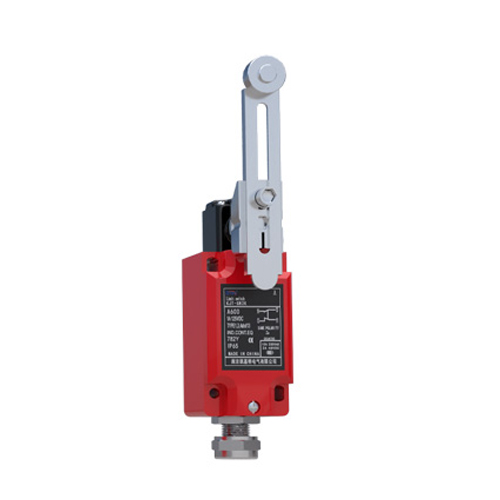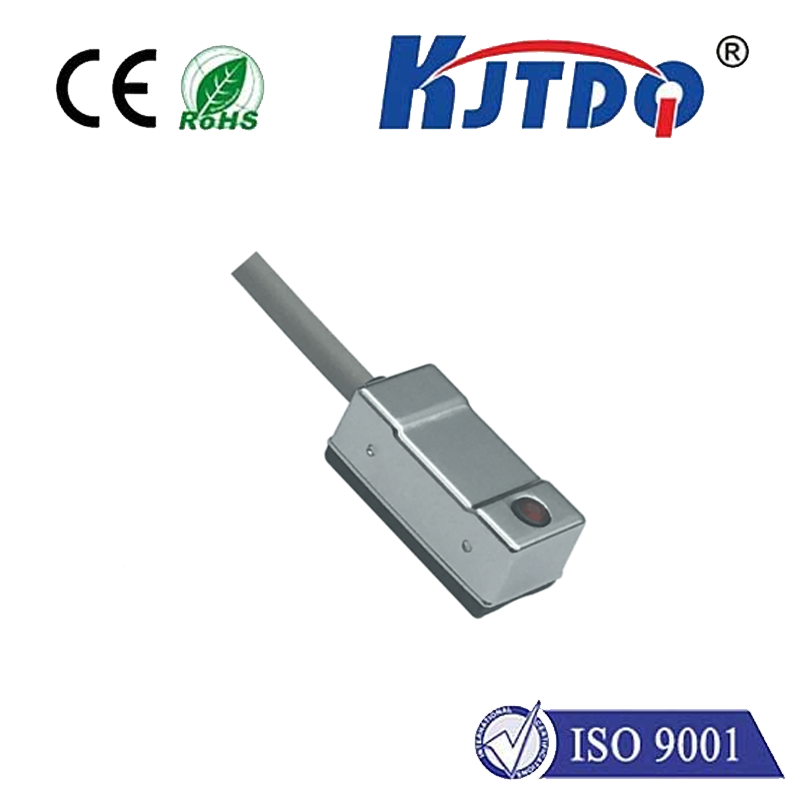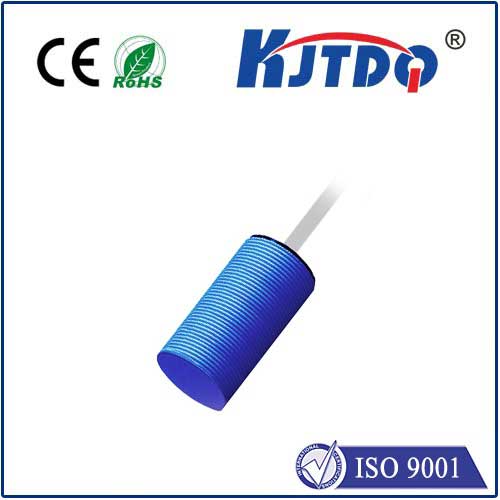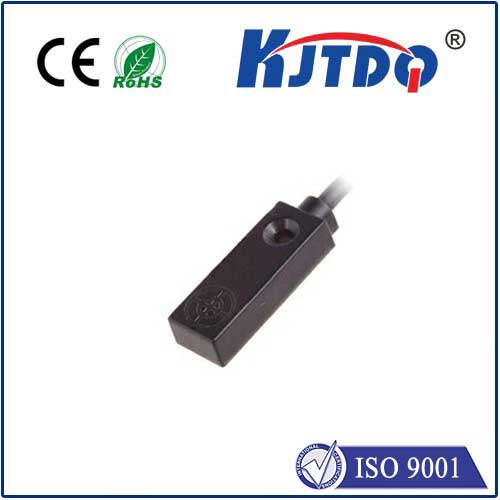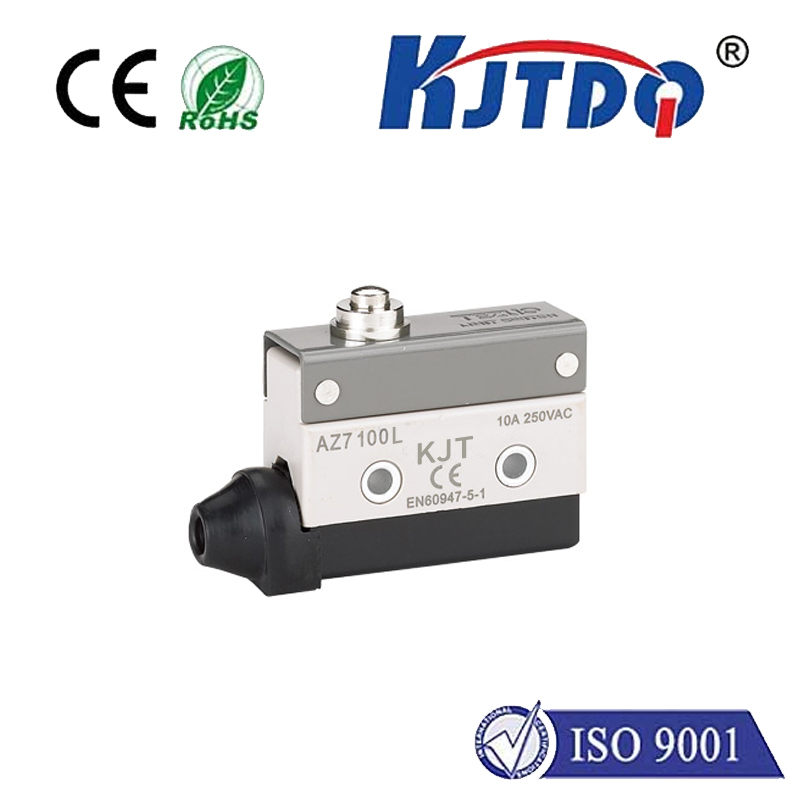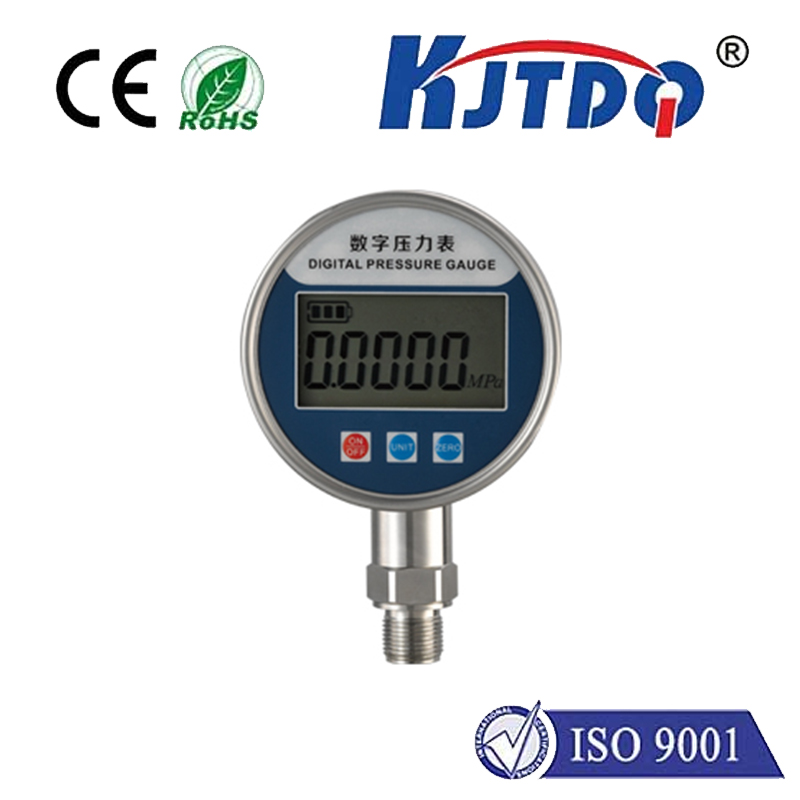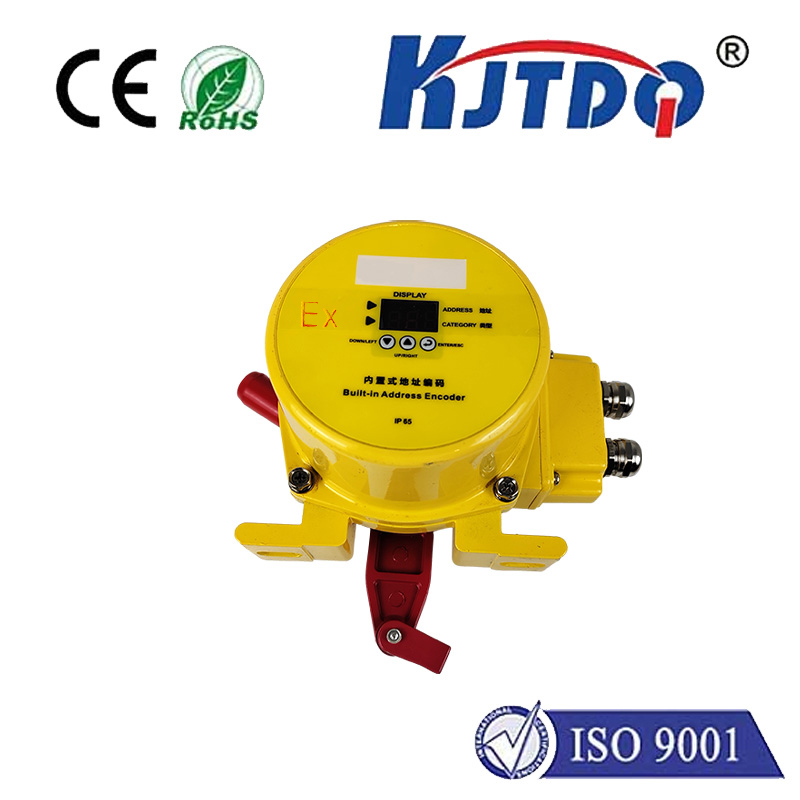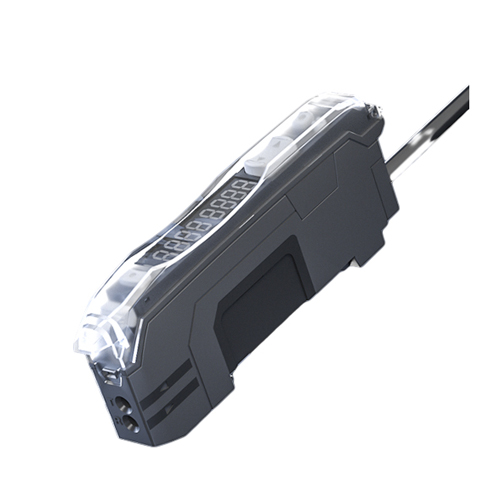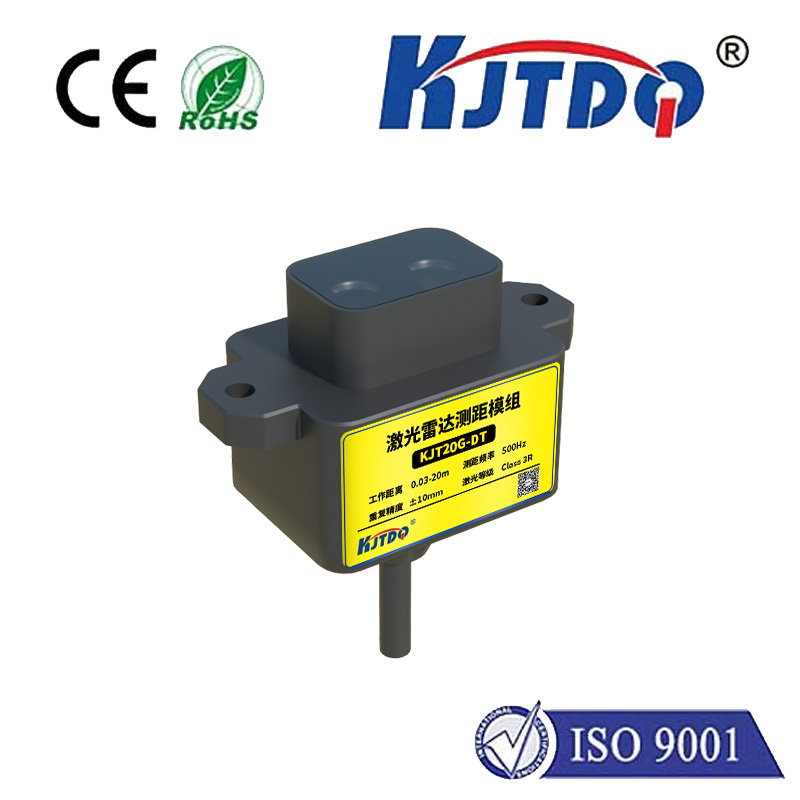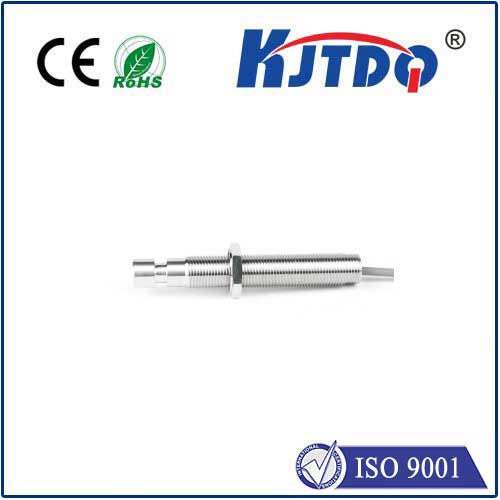

check

check

check

check

check

check

check

check

check

check
Laser detection has become increasingly important in various industries, including communications, medicine, and manufacturing. One key component of this technology is the photodiode, a semiconductor device that converts light into electrical signals. In this article, we will explore the role of photodiodes in laser detection and how they contribute to its effectiveness.
Firstly, it is crucial to understand what photodiodes are and how they work. A photodiode is a type of photodetector that consists of a p-n junction formed by doping a semiconductor material with impurities. When light strikes the surface of the photodiode, it generates electron-hole pairs, which are then separated by an electric field within the device. This separation creates an electric current that can be measured and analyzed.

The use of photodiodes in laser detection offers several advantages. For instance, photodiodes have a fast response time, allowing them to detect even the briefest pulses of laser light. They also have high sensitivity, enabling them to detect low-intensity light signals. Additionally, photodiodes are compact and require minimal power consumption, making them ideal for portable applications such as handheld laser rangefinders and medical imaging devices.
Photodiodes play a vital role in various types of laser detection systems. In communications systems, photodiodes are used to receive optical signals transmitted over fiber optic cables. These signals are converted into electrical signals using photodiodes before being processed further. In medical applications, photodiodes are employed in imaging techniques such as confocal microscopy and flow cytometry to detect fluorescent markers or other biological samples tagged with laser light.
In manufacturing processes, photodiodes are utilized in quality control inspections to detect defects or anomalies on products during production. For example, in semiconductor manufacturing, photodiodes are used to inspect wafers for contamination or damage during various stages of fabrication. Similarly, in automotive manufacturing, photodiodes are employed in vision systems to detect objects or obstacles on production lines.
Furthermore, photodiodes are essential components in scientific research where precise measurement of laser beams is required. They are commonly used in spectroscopy experiments to measure absorption spectra of samples when exposed to specific wavelengths of light. In addition, photodiodes are critical components in particle detectors used in nuclear physics experiments to detect particles generated by colliding beams of subatomic particles.
In conclusion, photodiodes play a crucial role in laser detection due to their fast response time, high sensitivity, and compact size. They are widely used in various industries for communication systems, medical imaging, quality control inspections, scientific research, and more. As technology continues to advance, photodiodes will undoubtedly continue to be an integral part of laser detection systems.
